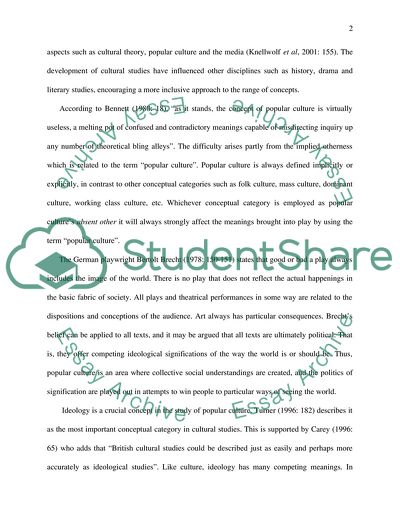Cite this document
(Cultural Studies and History: Popular Culture and Modernity Research Paper, n.d.)
Cultural Studies and History: Popular Culture and Modernity Research Paper. Retrieved from https://studentshare.org/culture/1719909-industrialisationurbanisation-changedthe-cultural-relations-within-the-landscape-of-popular-culturestoreydrawing-on-at-least2theoretical-approac
Cultural Studies and History: Popular Culture and Modernity Research Paper. Retrieved from https://studentshare.org/culture/1719909-industrialisationurbanisation-changedthe-cultural-relations-within-the-landscape-of-popular-culturestoreydrawing-on-at-least2theoretical-approac
(Cultural Studies and History: Popular Culture and Modernity Research Paper)
Cultural Studies and History: Popular Culture and Modernity Research Paper. https://studentshare.org/culture/1719909-industrialisationurbanisation-changedthe-cultural-relations-within-the-landscape-of-popular-culturestoreydrawing-on-at-least2theoretical-approac.
Cultural Studies and History: Popular Culture and Modernity Research Paper. https://studentshare.org/culture/1719909-industrialisationurbanisation-changedthe-cultural-relations-within-the-landscape-of-popular-culturestoreydrawing-on-at-least2theoretical-approac.
“Cultural Studies and History: Popular Culture and Modernity Research Paper”, n.d. https://studentshare.org/culture/1719909-industrialisationurbanisation-changedthe-cultural-relations-within-the-landscape-of-popular-culturestoreydrawing-on-at-least2theoretical-approac.


